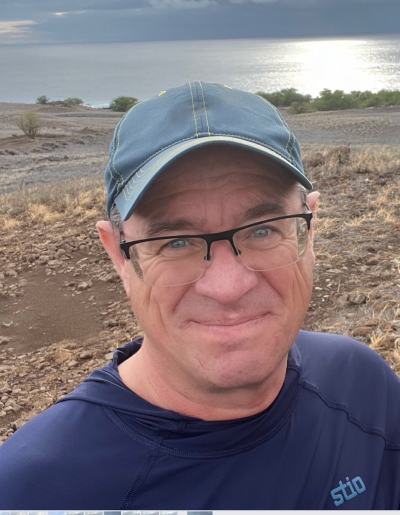Toxicology and Societies: Nat Scholz

Date
End Date
Location
Event Description
Title: Reframing the Clean Water Imperative for Pacific Salmon Recovery
In western North America, many salmon and steelhead stocks remain at historically low abundances. For example, to date, none of the distinct population segments designated as either threatened or endangered under the U.S. Endangered Species Act have recovered to the point of de-listing, across the major river basins of California and the Pacific Northwest. At the same time, coastal patterns of human migration, urban/suburban/exurban growth, and associated development are accelerating. These changes in land cover and land use are increasing non-point source pollution to river networks and estuaries, particularly in the form of toxic runoff from the transportation grid. Motor vehicles are sources of thousands of distinct chemical contaminants, many of which remain unknown or poorly characterized in terms of impacts to salmonids (direct and indirect). Nevertheless, recent advances in technology (analytical chemistry, molecular biology, informatics, modeling) are rapidly restructuring how we think about the chemical dimension of salmon habitats. This presentation will revisit the long-held assumption that salmon need adequate supplies of cool, clean water to survive and thrive. Specifically, how a canonical understanding of “clean water” in the traditional spheres of salmon management (recovery, regulation, and restoration) can be expanded, to keep pace with recent and rapid advances in modern ecotoxicology.
About the Speaker: Nat Scholz, NOAA Fisheries Ecotoxicology Program Manager
Nat is a aquatic conservation biologist with a research focus on pollution threats to coastal watersheds and marine habitats. He has led the multidisciplinary Ecotoxicology Program at NOAA’s Northwest Fisheries Science Center since 2004, after joining the Center in 1998 as a NAS/NRC postdoc. Prior to that he completed a doctorate in zoology from the University of Washington, as well as Masters and undergraduate research in Boston University's Marine Program in Woods Hole. He has published widely on the chemical ecology of the Anthropocene, at scales ranging from gene expression to the dynamics of at-risk populations and communities Learn more about Nat.
Watch a recording of this event and view the Q&A (at the bottom of the page)